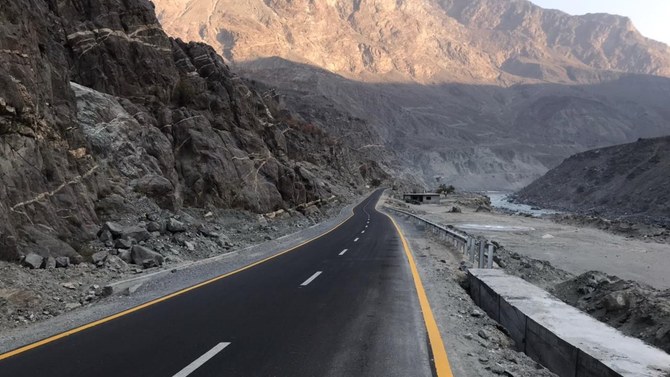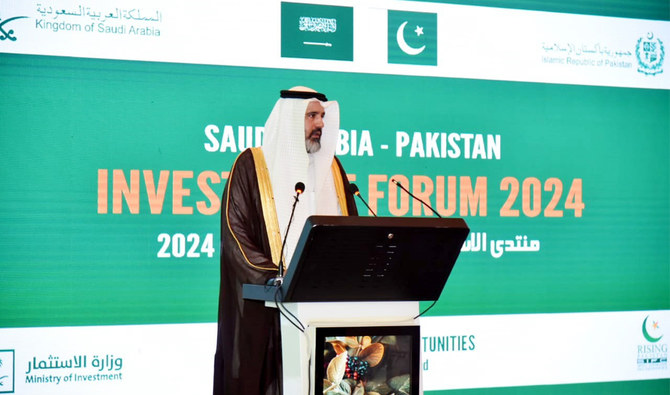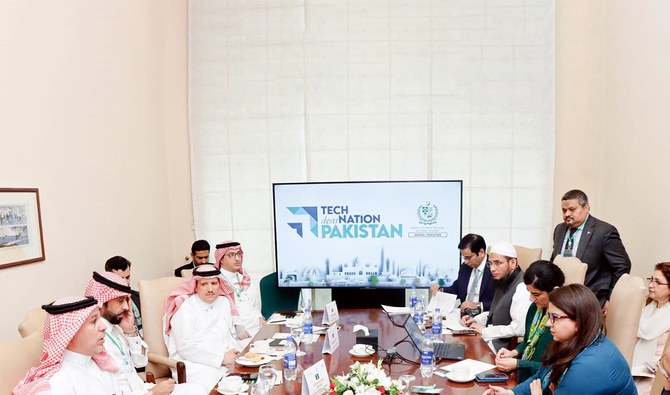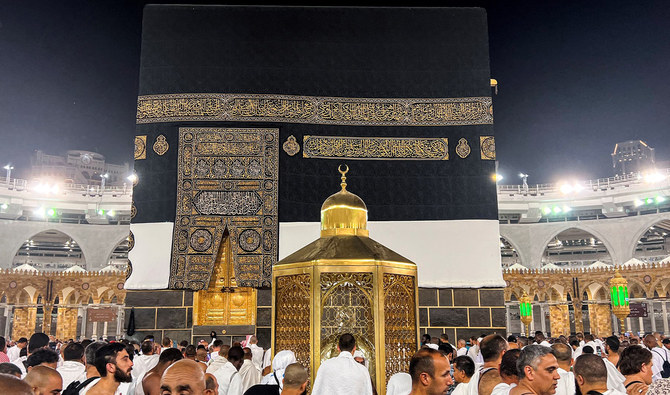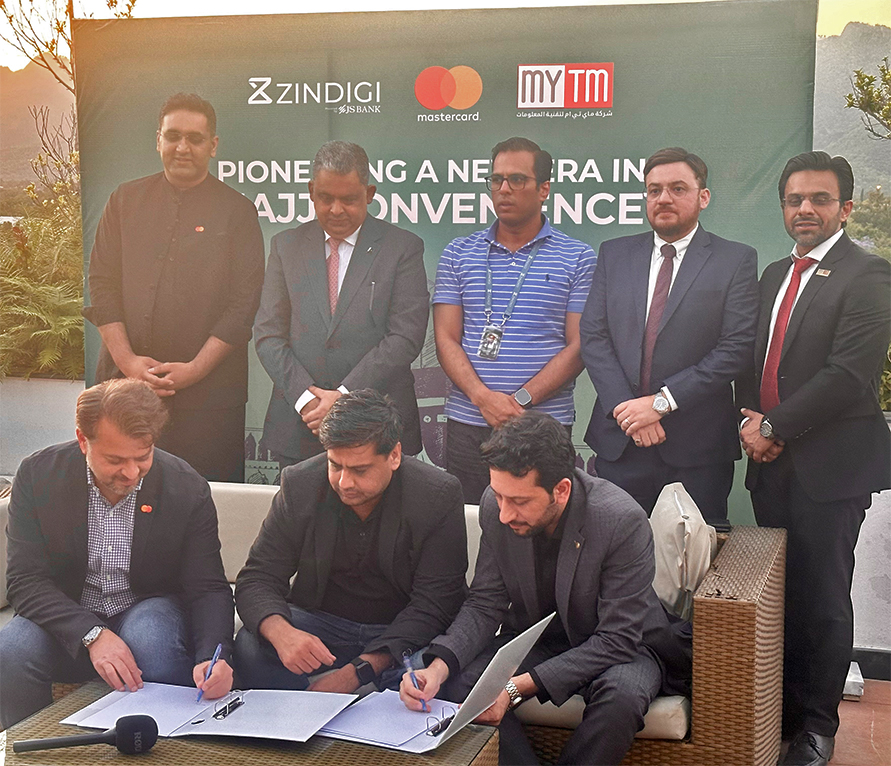SKARDU, GILGIT-BALTISTAN: An inadequate road infrastructure has long been a problem for tourists as well as residents, particularly traders, from Pakistan’s remote, picturesque Gilgit-Baltistan region, but the recent completion of a 167-kilometer-long road has not only reduced travel time, officials said, but also sparked excitement among locals that it will boost trade and tourism.
Prime Minister Imran Khan inaugurated the Skardu International Airport and Jaglot-Skardu Road (JSR) during a day-long visit to the region last month. The road connects Gilgit division with Skardu, the main town in Baltistan division, which together with Gilgit is a major tourism, trekking and expedition hub in Gilgit–Baltistan. The mountainous terrain of the region, which includes four of the world’s 14 eight-thousander peaks, attracts tourists, trekkers and mountaineers from around the world.
Accessible from Skardu by road, the nearby Askole and Hushe are the main gateways to the snow-covered 8,000-meter (26,000-foot) peaks including K2, the Gasherbrums, Broad Peak, and the Trango Towers, and to the glaciers of Baltoro, Biafo and Trango. This makes Skardu the main tourist and mountaineering base in the area.
But the lack of a proper road has always hampered the development of tourism and trade in the area. Residents of the region have long been demanding the completion of JSR, which was initiated more than a decade ago. In the past few years, the Pakistan Army’s engineering organization, the Frontier Works Organization (FWO), has finally upgraded the road, widening parts of it and constructing others until it was finally opene last month.
“JSR was first constructed in the reign of [former Pakistani president] Ayub Khan and only jeeps could ply the road. In [former premier] Zulfiqar Ali Bhutto’s era, it became a truck-able road,” Ghulam Hussain Athar, president of the Skardu businessmen association, told Arab News.
“Now after the construction of this road, 10-wheel vehicles and 22-wheel trucks can also reach Skardu as all bridges are made of RCC (reinforced cement concrete).”
“I want to thank the government for constructing this road. It will help reduce the prices of commodities in the region,” he said, explaining that lower transportation costs would favorably affect prices.
Hajji Muhammad Mehtab, who has been running a grocery retail business in Skardu since 1978, said the road would change the “fate” of the region’s people and businesses.
“Before the arrival of trucks in Skardu, we used to bring commodities, not more than 20 maunds (1 maund equals 37.32kg) on jeeps. With trucks being able to reach Skardu, the fate of people has changed,” Mehtab said. “Though we faced difficulties in the past, but now we are happy, Alhamdulillah. I offered a prayer of thanks as things have become easier due to the construction of this road.”
Mehab said the road had also improved access to other parts of the country. It used to take up to 15 days to transport goods to Skardu from Rawalpindi, he said, but trucks could now easily reach there within four days.
Raja Nasir Ali Khan, the Gilgit-Baltistan minister for tourism, sports and youth affairs, told Arab News the ramshackle condition of roads had long been a major problem for the region’s people.
“The fate of people will be changed as now this road is fully functional after completion of the JSR project. Prices of commodities will be controlled with the reduction in transportation costs. Not only locals will benefit, but tourists will also be able to take their own vehicles to the Baltistan region,” Khan said.
“Gilgit-Baltistan is blessed with natural beauty. Only 50-60 percent tourist destinations have been explored here so far. In the coming years, we will explore more tourist spots in Gilgit-Baltistan,” Khan added.
Sultan Baig, who has been driving a 41-seater bus on this route since 1987 and is associated with the semi-government Northern Areas Transport Corporation (NATCO), expressed his happiness and said he had recently used the road to Juglot from Skardu, now a four-hour journey.
“Earlier, we had to drive in reverse when faced with big vehicles like buses and trucks,” Baig said. “To drive on this asphalt road was our dream.”
Ahmed Shigri, another driver from Skardu, said before its upgradation, JSR was known as “the well of death.” “Now we feel much safer while driving on this road,” he said.
Muhammad Asif, a resident of the Khaplu valley who has been studying in Pakistan’s capital, Islamabad, for the last eight years, told Arab News he used to travel home by air in the past, buying hefty plane tickets, due to the ramshackle condition of JSR.
“Now we feel safe on this road,” he said as he got on a bus for Islamabad. “Today, I am ready to travel by road to Islamabad.”
FWO did not respond to repeated requests by Arab News for comment for this story.



